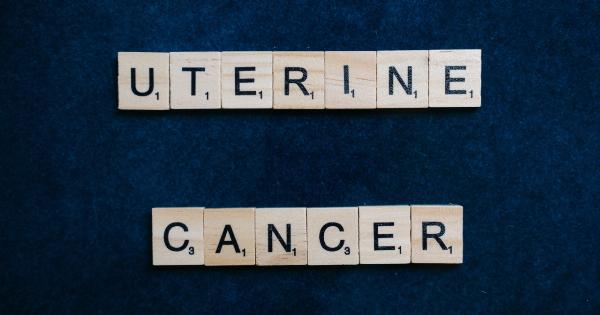Colon cancer, also known as colorectal cancer, is a serious illness that affects the colon or rectum. It is the third most common cancer worldwide and has a significant impact on both physical and emotional well-being.
While the primary concerns with colon cancer are focused on diagnosis, treatment, and survival rates, the disease can also have a profound effect on sexual intimacy. This article explores the impact of colon cancer on sexual intimacy, including physical and emotional changes, and offers suggestions for managing and maintaining a fulfilling sexual relationship.
Understanding colon cancer and its treatments
Colon cancer begins when abnormal cells grow in the lining of the colon or rectum. As the tumor grows, it can block the passage of stool. Common treatments for colon cancer include surgery, chemotherapy, radiation therapy, and targeted drug therapy.
While these treatments aim to eradicate the cancerous cells, they often have physical side effects that can affect sexual intimacy.
Physical changes and challenges
Colon cancer and its treatments can lead to various physical changes that may impact sexual intimacy. These changes can include:.
- Fatigue: Cancer-related fatigue can make it challenging to engage in sexual activities.
- Physical discomfort: Treatments such as surgery or radiation therapy can cause pain, discomfort, or scarring that may affect sexual enjoyment.
- Bowel problems: Colon cancer and its treatments can result in bowel problems such as diarrhea or constipation, which may create anxiety or embarrassment during intimate moments.
- Loss of sexual desire: Both the disease itself and the treatments can cause a decreased libido or loss of sexual desire.
- Erectile dysfunction: For men, specific treatments like surgery or radiation therapy can interfere with erectile function.
- Vaginal dryness: Women may experience vaginal dryness due to hormonal changes or certain cancer treatments, making sexual intercourse uncomfortable.
Emotional impact and psychological factors
Dealing with a cancer diagnosis and undergoing treatment can be mentally and emotionally challenging. These emotional aspects can significantly affect sexual intimacy. Some of the psychological factors that may arise include:.
- Body image issues: Surgical scars, hair loss, or changes in weight can lead to body image insecurities that may affect sexual confidence.
- Fear and anxiety: The fear of recurrence or anxiety about one’s health can create emotional barriers to sexual intimacy.
- Depression: Coping with a cancer diagnosis can lead to feelings of sadness and depression, which can dampen sexual desire and enjoyment.
- Communication challenges: Dealing with an illness can strain communication within a relationship and make it difficult to address sexual concerns or desires.
Coping strategies and support
While the impact of colon cancer on sexual intimacy can be challenging, there are strategies and support available to cope with these issues:.
- Open and honest communication: Openly discussing concerns, fears, and desires with a partner and healthcare team can help address specific challenges and find solutions.
- Seeking professional help: Consulting with healthcare professionals, including oncologists, counselors, or therapists who specialize in sexual health, can be beneficial.
- Exploring alternative intimacy: Focusing on non-penetrative sexual activities or exploring other forms of intimacy can help maintain closeness and satisfaction.
- Using lubricants: For individuals experiencing vaginal dryness, using lubricants can decrease discomfort and enhance sexual enjoyment.
- Support groups: Joining support groups or online communities specifically for individuals dealing with colon cancer can provide emotional support and a platform to share experiences and tips.
Conclusion
Colon cancer can have a significant impact on sexual intimacy, both physically and emotionally. It is crucial for individuals and their partners to acknowledge and address these challenges openly and seek the necessary support.
Effective communication, professional guidance, and exploring alternative forms of intimacy can help overcome these obstacles and maintain a fulfilling sexual relationship throughout the cancer journey.































